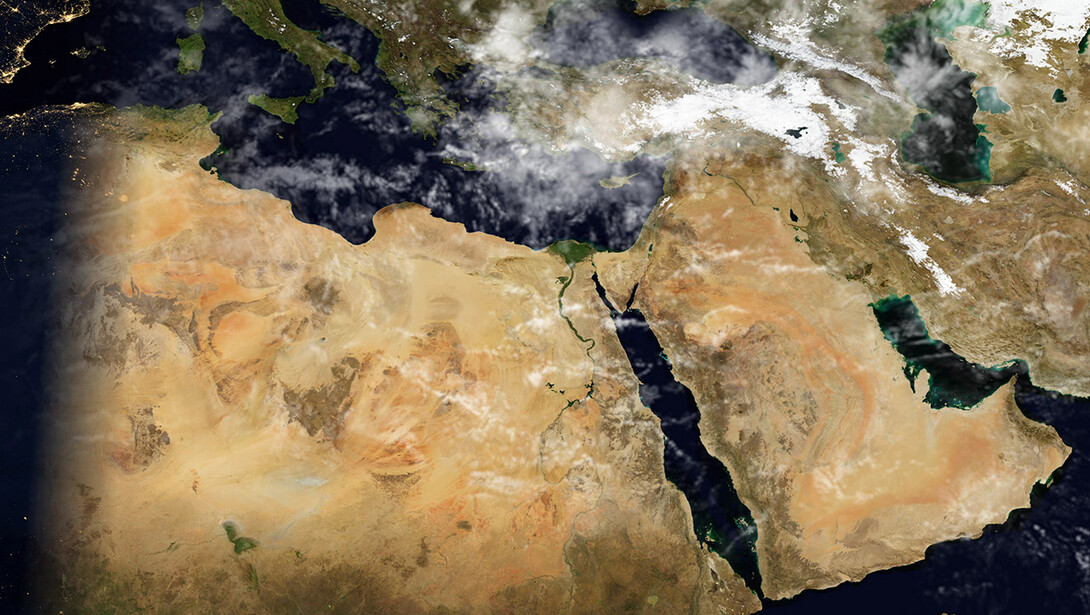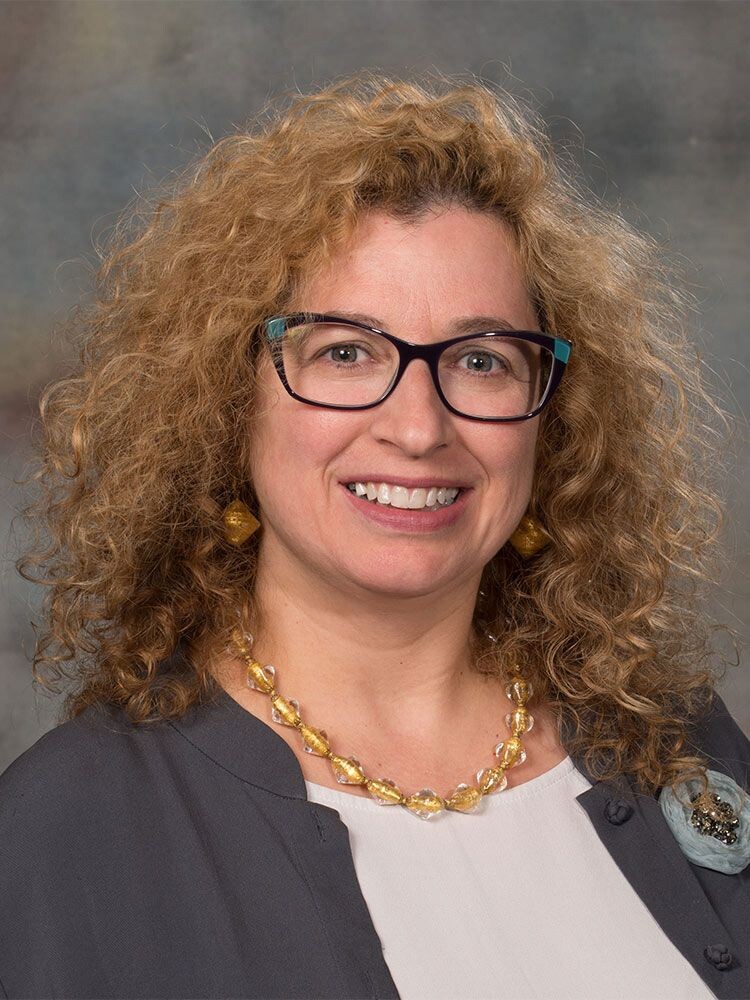
A new project funded by the Aspen Institute’s Stevens Initiative will allow Husker students to learn alongside their peers in Oman, the United Arab Emirates and Jordan.
The University of Nebraska-Lincoln’s Global Virtual Project, set to launch in spring 2018, integrates transnational collaborative learning through virtual exchanges in seven courses in communication studies, computer science, creative writing, ethnic studies, hospitality and tourism management, journalism, and modern languages and literatures.
The Stevens Initiative is an international effort to build career and global competencies for young people in the United States, Middle East and North Africa by growing and enhancing the field of virtual exchange. It is supported by the U.S. Department of State and the Bezos Family Foundation.
More than 220 students at Nebraska will participate in the 18-month project. They will meet face-to-face in their respective classrooms and interact with peers in the Middle East through videoconferencing, an online learning platform and social media to achieve learning objectives. Partner institutions include Oman Tourism College, the Emirates Academy of Hospitality Management and Zayed University. Additional partners will be confirmed in the coming weeks.

The virtual exchanges add to the university’s education and internship abroad programs, she said.
“Nebraska students who might not otherwise have the opportunity to travel and study in Oman, the UAE or Jordan will learn with, and from, their peers in the Middle East,” she said.
Feigenbaum said the goal is to expand virtual exchanges beyond the seven courses and ensure sustainability of the curricular model.
Nebraska is among the second cohort of virtual exchange programs to be funded by the Stevens Initiative. The initiative honors the legacy of Ambassador Chris Stevens, who devoted his life to building bridges between people from diverse cultures.
For more information on the Global Virtual Project at Nebraska, email globalstrategies@unl.edu.







